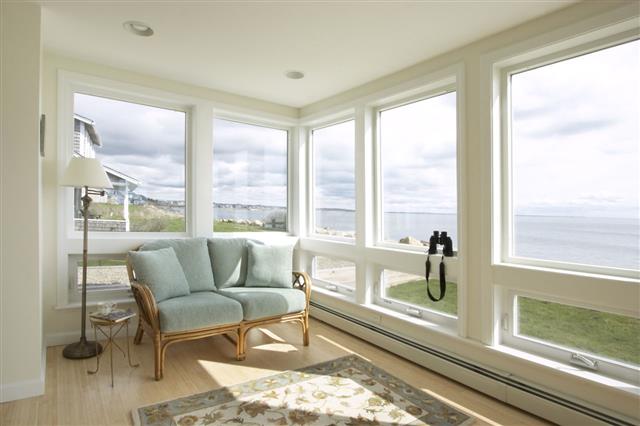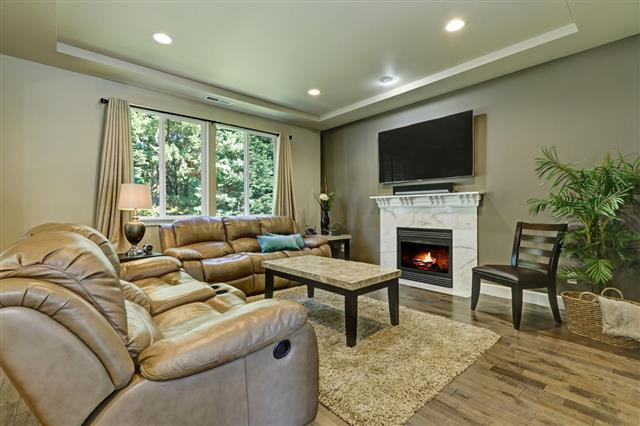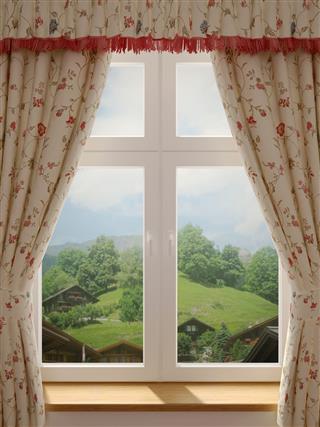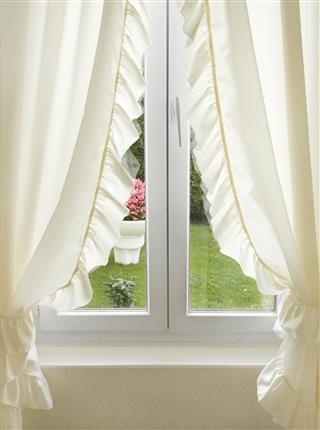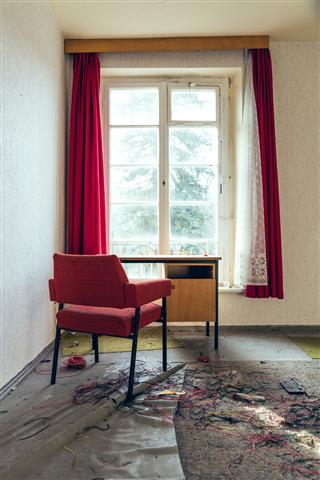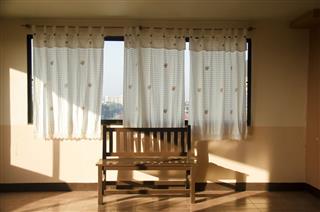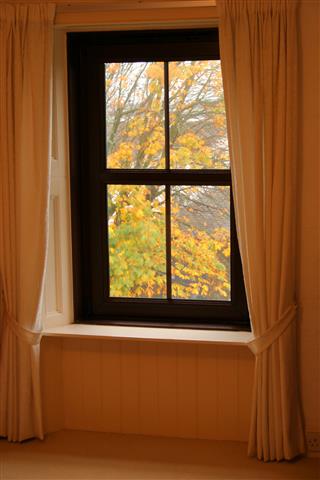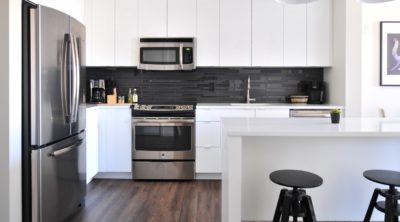
Windows have evolved a lot over the years, so much, that you can pick a window not just for its aesthetic value, but also according to its performance. There are different kinds of window glass thickness and types which provide different benefits.
You can pick a glass which provides you soundproofing, or pick a glass type, which absorbs heat and reduces radiant heat entering through the window. Or you can pick reflective film coated glass type for window glass replacement. There are also energy-efficient window glasses, which reflect around 70 percent of radiant heat back from the window, without diminishing the amount of light passing through. Also, there are window glasses, which are very strong and resist wind. There are certain glasses which provide security, and are hard to break. So, homeowners have many choices when it comes to thickness of window glass.
Thickness of Window Glass
Single Pane Glass
When it comes to soundproofing you have two choices, either go with single pane windows or double pane window glass. Though, single pane glasses are not that much effective when it comes to soundproofing. As old single pane glass will leak air and noise into the house. Double pane glasses can reduce noise up to 25 percent, and so are recommended. However, for some reason if you can’t replace the windows, then changing the old single pane glass with a thicker one can help. Single pane glass of 3/16″ thickness are good, and 1/4″ thickness are very good. So, you pick a window glass pane of this thickness.
Double Pane Glass
If you want good soundproofing then consider double pane windows. Typically you will find 1/8″ thickness of double strength dual pane glass. However, the recommended dual pane glass thickness if you want good soundproofing is the first layer of 1/8″ thick double strength and the second layer of 3/16″ thickness. If you want excellent soundproofing then you can consider the first layer of 1/8″ thick double strength and the second of 1/4″ thickness.
Laminate Safety Glass
This glass is made by combining two pieces of normal glass. The most common form of laminated safety glass is of 6.38 mm variety, which is two pieces of 3 mm combined together, using a PVB Interlayer. Safety glass is commonly seen in the shop front windows, shower screens and car windshield. If this glass is struck with sufficient force, it breaks into many shards but the pane remains intact via the Interlayer which leaves no sharp exposed edges. This kind of glass also forms a good barrier against elements, even after it has been broken.
Security Glass
Alarm glass is a type of security glass which is specifically laminated with a wire of 0.1 mm between the sheets of glass. This wire is a part of an electrical circuit, which triggers if the glass is damaged, and hence suited for commercial or industrial premises glass windows and sliding glass doors.
Float Glass
Float glass is mostly used for general home window glass replacement, and starts at 3 mm glass thickness. If a pane exceeds 1sqm in area, then thicker glass is used depending upon the size and purpose. So, you can go with a window glass with a single or double pane, glazed or non-glazed.
Other Uses
As mentioned above the thickness of glass changes its performance. Many times 3/4″ thick flat glass is used for making glass table tops and glass doors. 3/8″ thick glass is also used to make table tops but can also be seen commonly used for making shower doors, hand rails and glass partitions. 1/8″ glass thickness is common for clear glass picture frames.
If you are thinking of installing a new glass, then make sure you pick the variety and thickness accordingly. However, in certain cases the glass you choose might not be appropriate, and you will have to replace the frame as well.
